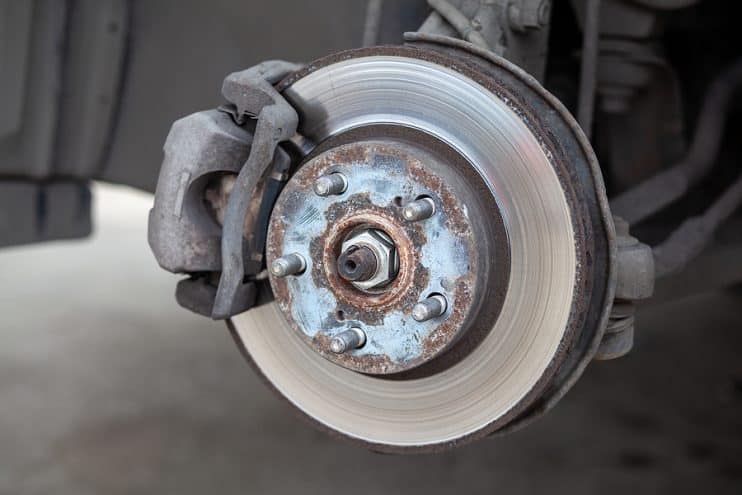Ensuring the proper functioning of your vehicle’s braking system is paramount for both your safety and the well-being of your vehicle. Among the crucial components contributing to this system is the brake caliper.
A malfunctioning brake caliper can compromise your vehicle’s ability to come to a stop efficiently, potentially leading to hazardous driving conditions. In this guide, we will explore the key indicators that can help you determine whether your brake caliper is in need of attention.
Understanding these signs can empower you to address issues promptly, ensuring your vehicle’s braking performance remains at its best. So, let’s delve into the telltale signs of a bad brake caliper and how to recognize them.
How to Tell If Brake Caliper is Bad
A faulty brake caliper can compromise your vehicle’s braking performance and safety.
Here are some signs that may indicate a bad brake caliper:
-
Uneven Brake Pad Wear:
- Check the brake pads on both sides of the vehicle. If one side is significantly more worn than the other, it could be a sign of a sticking or malfunctioning caliper.
-
Pulling to One Side:
- If your vehicle pulls to one side when braking, it may be due to uneven braking force caused by a malfunctioning caliper.
-
Squealing or Squeaking Noises:
- Unusual sounds during braking, such as squealing or squeaking, may indicate issues with the caliper, such as sticking or uneven pressure.
-
Vibration or Pulsation:
- If you feel a pulsating sensation or vibration through the brake pedal while braking, it could be a sign of a caliper not applying even pressure on the brake rotor.
-
Leaking Brake Fluid:
- Inspect the caliper for any signs of brake fluid leaks. Fluid leaks can lead to reduced braking performance and, if left unaddressed, can cause serious safety issues.
-
Overheating Brakes:
- Touch the wheel or rim after driving; an excessively hot wheel may indicate a caliper that is not releasing properly, causing continuous friction and overheating.
-
Reduced Braking Power:
- If you notice a significant decrease in braking power or have to apply more pressure to the brake pedal than usual, a faulty caliper may be to blame.
-
Stuck Brake Caliper:
- A caliper that is stuck in the applied position can cause constant friction and overheating. This may result in a burning smell and smoke coming from the affected wheel.
If you observe any of these signs, it’s essential to have your brake system inspected and repaired by a qualified mechanic as soon as possible. Ignoring brake issues can lead to unsafe driving conditions and further damage to your vehicle’s braking system.
Regular maintenance and prompt attention to brake problems can help ensure your safety on the road.

Credit: www.breakerlink.com
Conclusion
In sum, a bad brake caliper can lead to serious safety issues. Regular inspection and maintenance is crucial for identifying and addressing any potential problems with your brake calipers. By understanding the signs of a bad brake caliper, you can ensure the safety and efficiency of your vehicle.
Don’t wait, be proactive!
